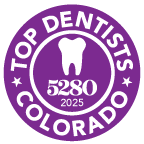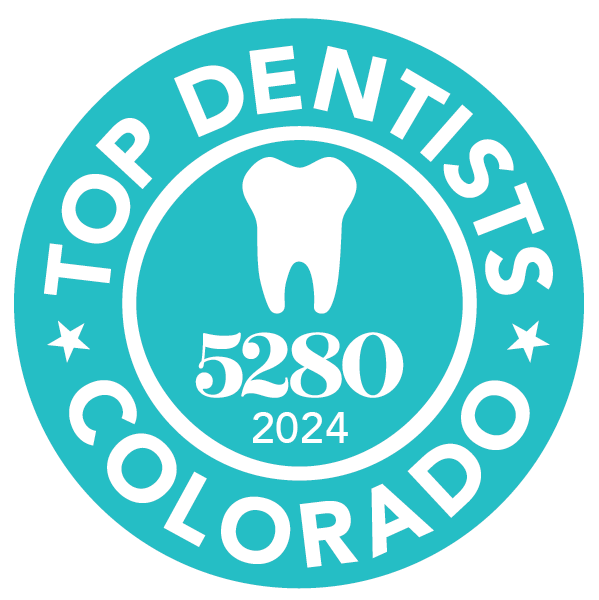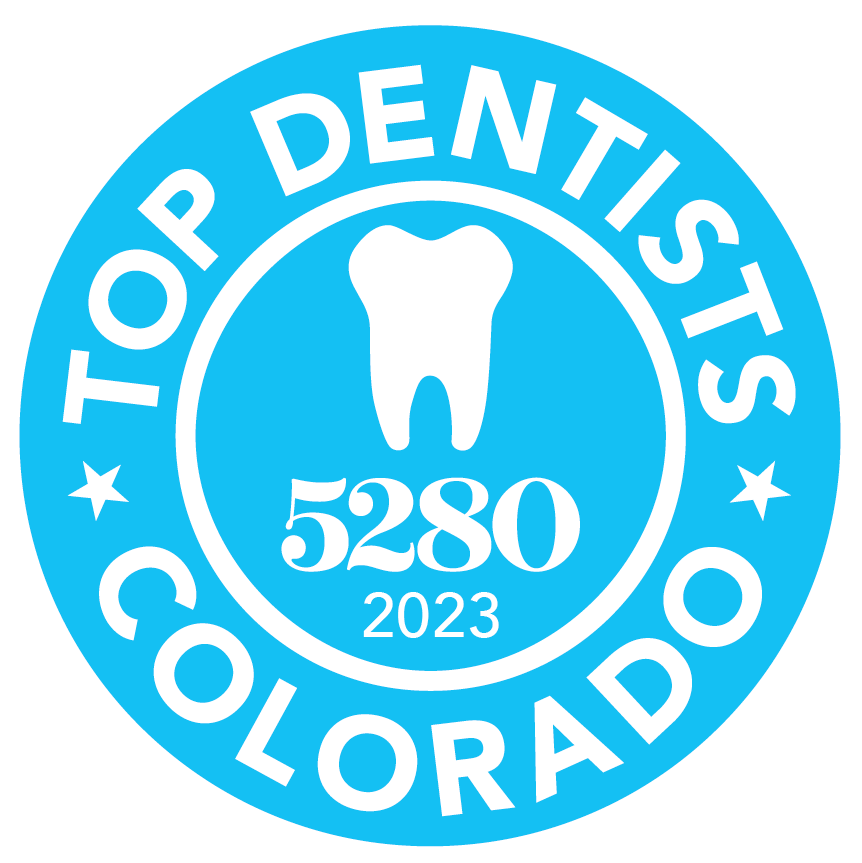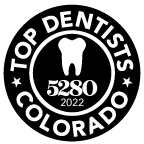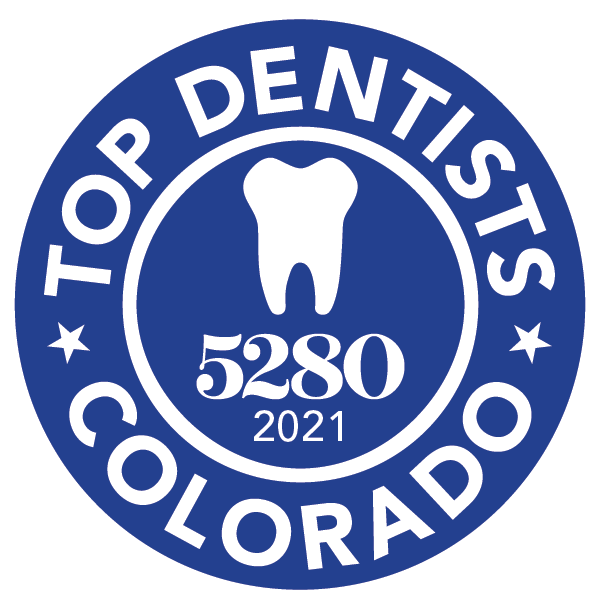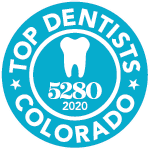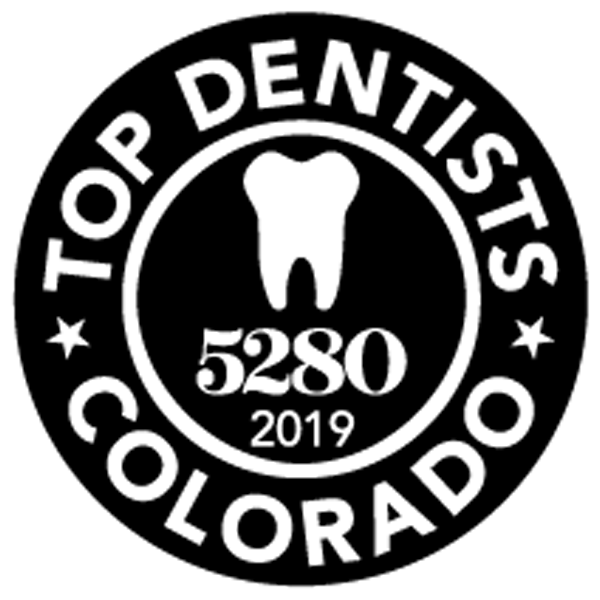Gum disease can be avoided by practicing good at-home dental hygiene and visiting the dentist/periodontist regularly for cleanings and exams. However, if you do suffer from gum or periodontal disease, there are ways to treat it.
What Is Scaling & Root Planing
One of the best non-surgical treatments for periodontal disease is scaling and root planing. Our hygienist will perform this procedure with the use of local anesthetics to provide a comfortable experience.
Scaling
Scaling will remove any plaque or calculus/tartar (hardened plaque) that has attached to the surfaces and roots of the teeth. During the scaling procedure, the root of the tooth and the gum line will be thoroughly cleaned with an ultrasonic device and hand instruments. The ultrasonic scaler will use ultrasonic vibrations to assist in removing plaque and calculus above and below the gum line.
Root Planing
Once scaling has been performed with the scaling instruments, root planing will take place. During this procedure, hand instruments will be used to scale the root surface and smooth out any particularly rough areas. Also, a microscopic layer of the root surface containing endotoxins will be removed. This will ensure that no areas were missed during the scaling procedure, and a clean and healthy root surface will allow for the gum tissue to reattach.
WHY SCALING & ROOT PLANING ARE USED
Bacterial plaque is the main cause of almost every case of gum disease or periodontitis. If not brushed or flossed away, plaque will continue to accumulate and will eventually harden into calculus/tartar, which can inflame and irritate the gum tissue. As this happens, the gum tissue may start to pull away from the teeth, forming pockets where even more bacteria can accumulate. If this cycle is allowed to continue, you may experience bone loss, which over time will result in tooth loss.
AFTER THE PROCEDURE
When the procedure is over, you may feel discomfort and the gum tissue may bleed a bit. Over the counter pain medication such as Motrin, Advil, Tylenol, or Ibuprofen can be taken to address any soreness or discomfort in the gums. Sensitivity to hot and cold can also occur, but will subside over time. In specific cases, you may be prescribed antibiotics to help control the gum disease. You will be scheduled a follow up re-evaluation appointment 4-6 weeks after completion of SRP with Dr. Jenkins so he can make sure that the gum tissue and periodontal pockets are responding to the treatment. In cases of moderate or advance gum disease or in patients that are not responding well to SRP, gum surgery may be recommended at that time.
To schedule an appointment for scaling and root planing, please don’t hesitate to call Littleton Implants & Periodontics, located in Littleton, Colorado.
